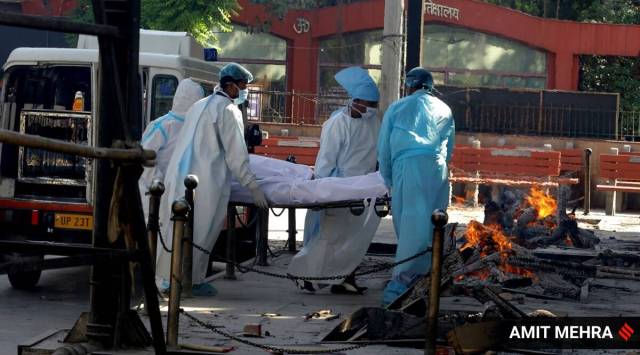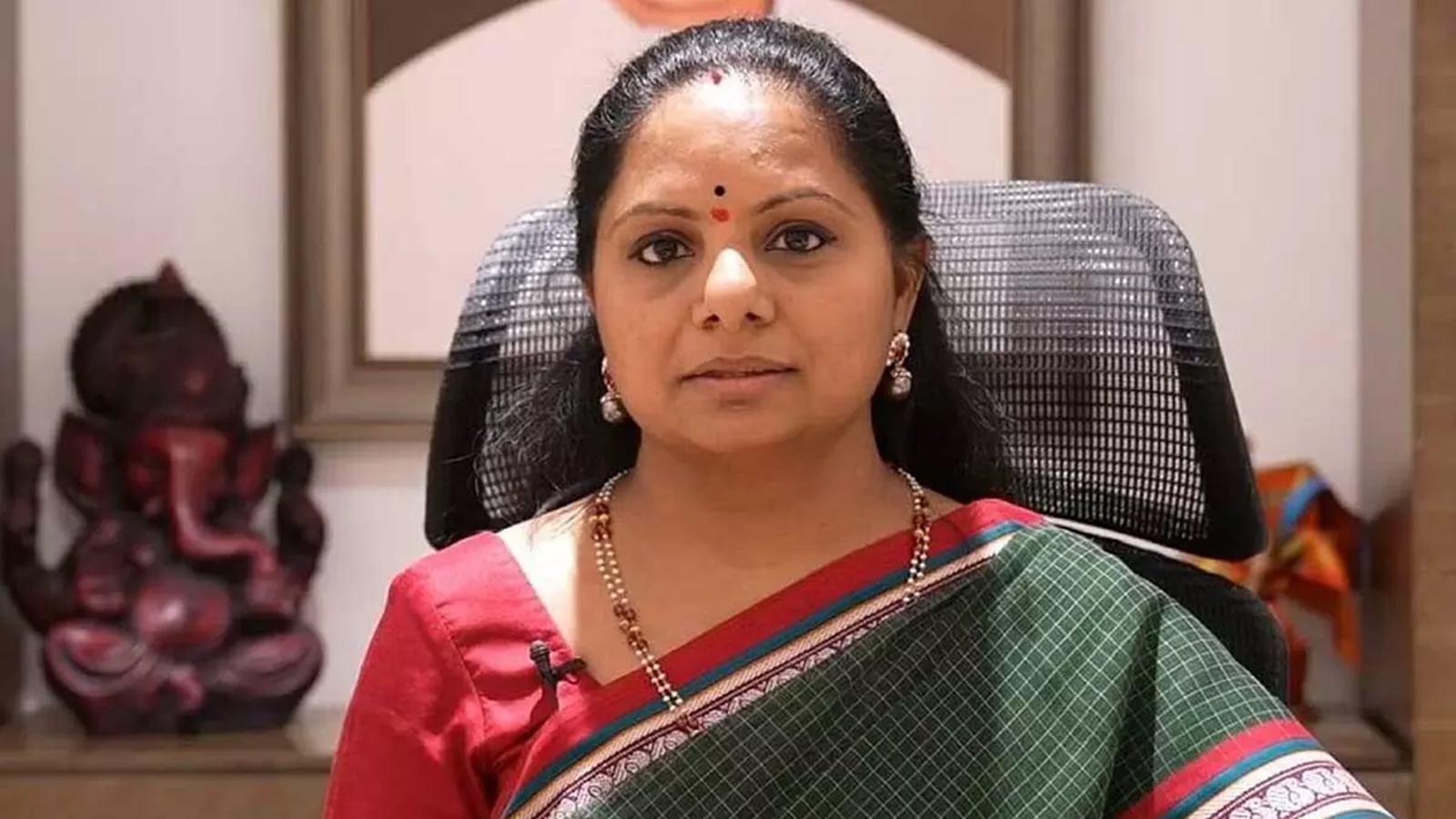India strongly objected to the World Health Organization’s (WHO) use of mathematical models to project excess mortality estimates related to the coronavirus pandemic, citing the availability of authentic data and questioning the validity and robustness of the models and data collection methodology.
In a report released on Thursday, the WHO estimated that nearly 15 million people worldwide were killed by the virus or its impact on overwhelmed health systems in the past two years, more than double the official death toll of 6 million, with most fatalities occurring in Southeast Asia, Europe, and the Americas.
India is likely to raise this issue at the World Health Assembly and other multilateral forums, according to sources.
The Union Health Ministry stated that India has consistently objected to the WHO’s methodology for projecting excess mortality estimates using mathematical models.
Despite India’s objections, the WHO released the excess mortality estimates without adequately addressing India’s concerns.
India informed the WHO that authentic data from the Civil Registration System (CRS) maintained by the Registrar General of India should be used instead of mathematical models for projecting excess mortality numbers.
The Registrar General of India, a century-old statutory organization, oversees the registration of births and deaths with the assistance of chief registrars and sub-registrars across the country.
India firmly believes that accurate data collected through a legal framework like the CRS should be respected and used by the WHO, rather than relying on less accurate mathematical projections based on non-official sources.
India highlighted inconsistencies in the criteria and assumptions used by the WHO to classify countries into different tiers and questioned the basis for placing India in Tier II based on mathematical modeling estimates.
India also raised concerns about the WHO’s reliance on data from websites and media reports for some Indian states, which India deemed scientifically questionable.
India objected to the use of the Global Health Estimates (GHE) 2019 in one of the models used by the WHO, pointing out that GHE itself is an estimate and lacks academic rigor.
India pointed out that the test positivity rate for COVID-19 in India varied across different regions and over time, which the WHO’s modeling approach failed to account for.
Despite these differences, India collaborated with the WHO on multiple occasions but questioned the methodology and outcomes of the excess mortality estimates published by the WHO.
India communicated its data to the WHO to support their publications, but the WHO chose to ignore this data, leading to ongoing questions and objections from India.


























+ There are no comments
Add yours